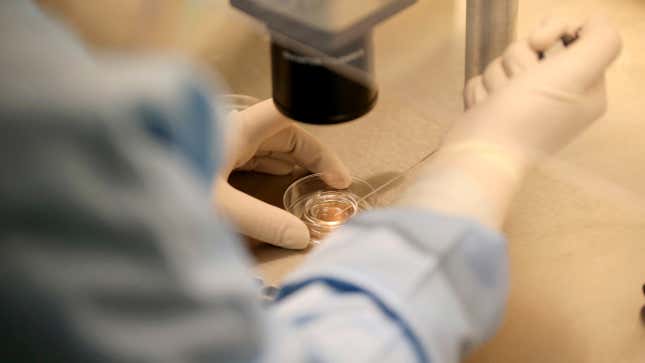The Rise of Fertility Tech Makes Pregnancy a Luxury Good
Latest

It’s a looming question whether or not to bring children into a world that’s melting—but for those who decide to, having a baby is logistically tricky practice that gets more and more expensive the longer you wait.
Egg-freezing is becoming more and more popular, among people who want to put off procreating during their prime career-building years. But egg freezing isn’t a guaranteed path to pregnancy; research on the odds of successfully fertilizing eggs after freezing has been slim, and, according to a leading IVF clinic in Europe, only about a third of frozen eggs that are thawed successfully result in pregnancy.
-

-

-

-

-

-

-

-

-

-

-

-

-

-

-

-

-

-

-

-

-

-

-

-

-

-

-

-

-

-

-

-

-

-

-

-

-

-

-

-








































